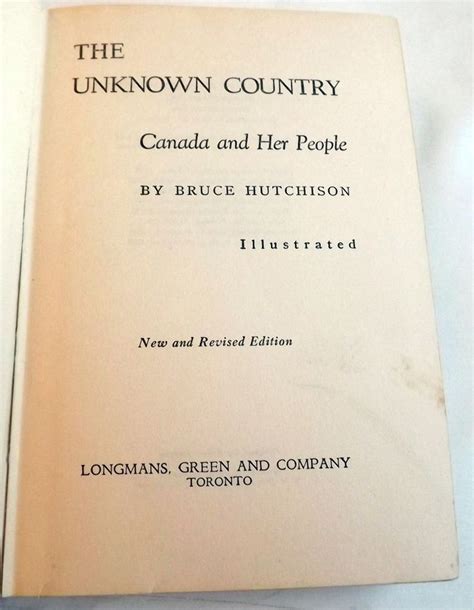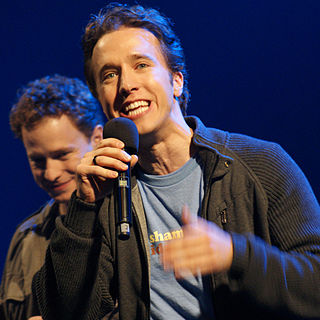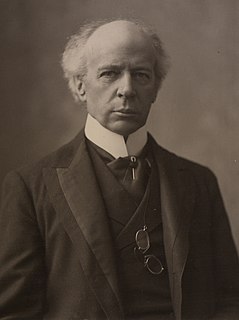A Quote by Bruce Hutchison
Canada entered World War I as a colony and came out a nation.
Related Quotes
People all over the world now are following our election. And according to a new international poll that just came out, I think this came out a few hours ago, this is true, people in Canada want Barack Obama to be the next U.S. president. That's what they're saying. In Canada, yeah. That makes sense, because Obama has the support of Canada's anti-war voters, as well as Canada's black guy. He is very excited.
On the justification for the war, it wasn't related to finding any particular weapon of mass destruction. In our judgment, it was much more fundamental. It was the removing of a regime that was hostile, that clearly had the intention of constructing weapons systems. ... I think, frankly, that everybody knew the post-war situation was probably going to be more difficult than the war itself. Canada remains alienated from its allies, shut out of the reconstruction process to some degree, unable to influence events. There is no upside to the position Canada took.
The reason I called the president Donald Trump a disrupter is that he came into office 70 years after World War II, 25-plus years after the end of the Cold War. Like any president, he didn't come into office with a blank slate - he entered with an enormous inheritance of relationships with institutions, policies and the like. And in my view he is much too quick to pull the U.S. out of various institutions and various agreements, and he's been much too quick to question the value of allies and alliances.
For over two centuries, each generation of Americans before us confronted and solved problems. They embraced opportunities and Americans have never had it easy. This was a nation founded by declaring independence for the most powerful empire in the world. This was a nation that faced a divisive and bloody civil war, two great world wars, a long cold war.
Both of my grandfathers fought in the Second World War, and my great-grandfather died at the Somme in the First World War. I never truly believed that the War just finished and everyone was happy-clappy, brought out the bunting, and felt everything was okay again. That's definitely not my impression of the fall-out of war.
They went down to Egypt and provided food when famine reigned; they came to the obstinate sea, and taught it wisdom with a rod; they went out into the hostile desert and adorned it with a pillar; they entered the furnace, fiercely heated, and sprinkled it with their dew; into the pit where they had been thrown an angel entered and taught its wild beasts to fast.



































